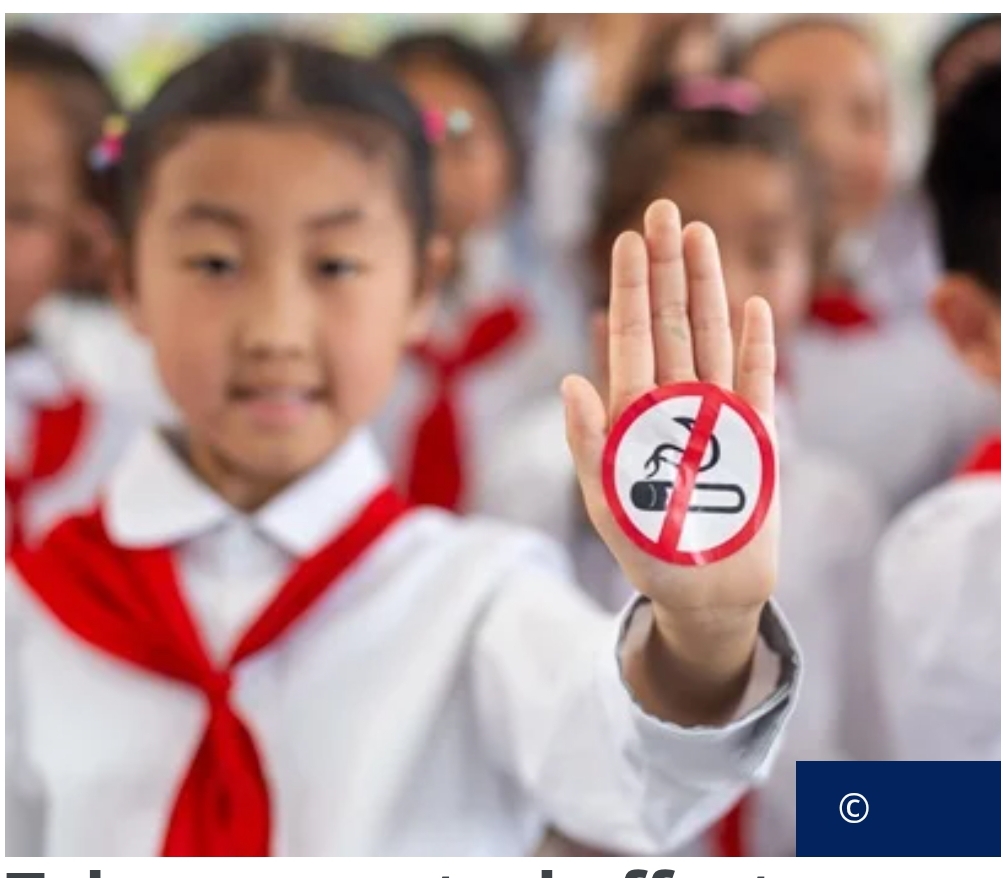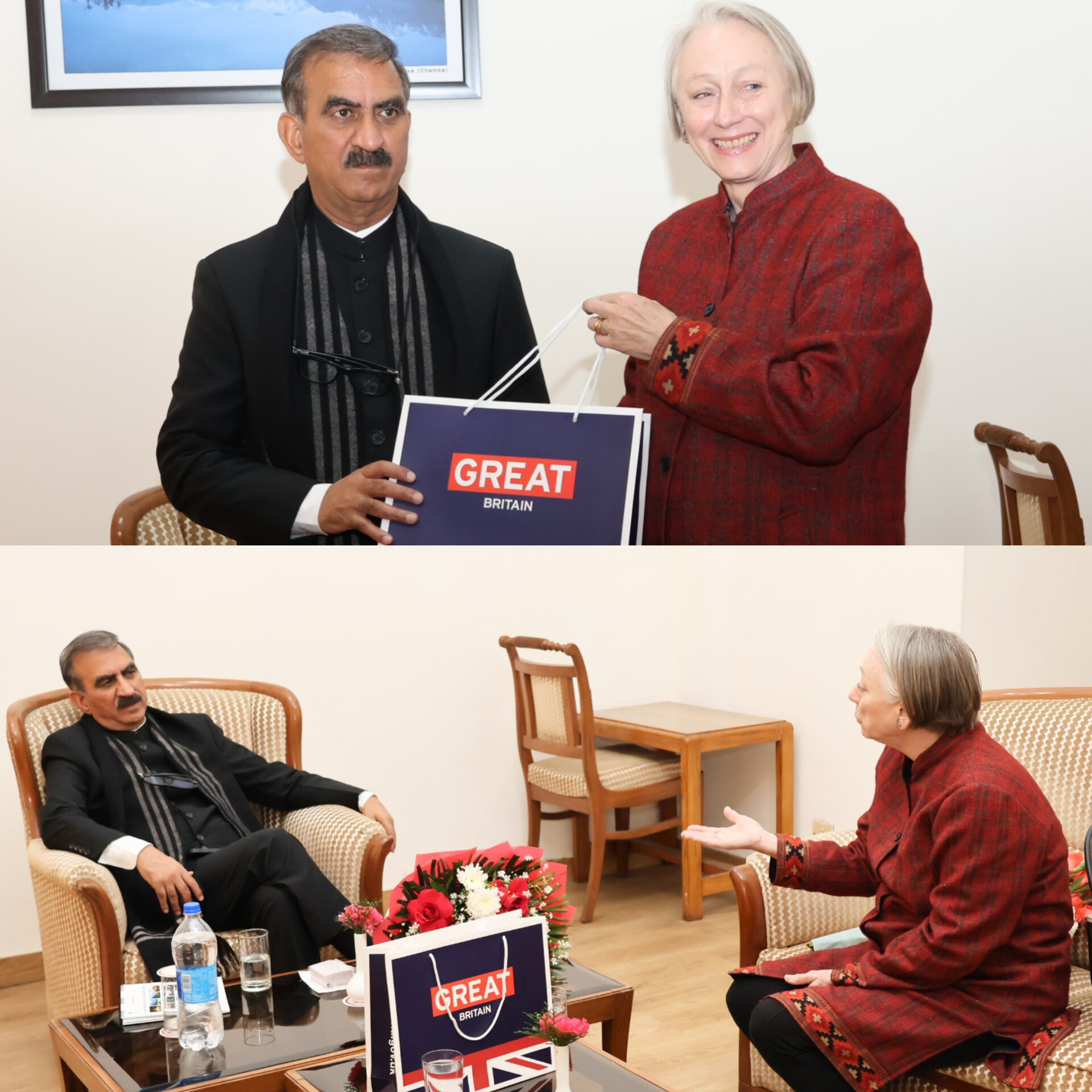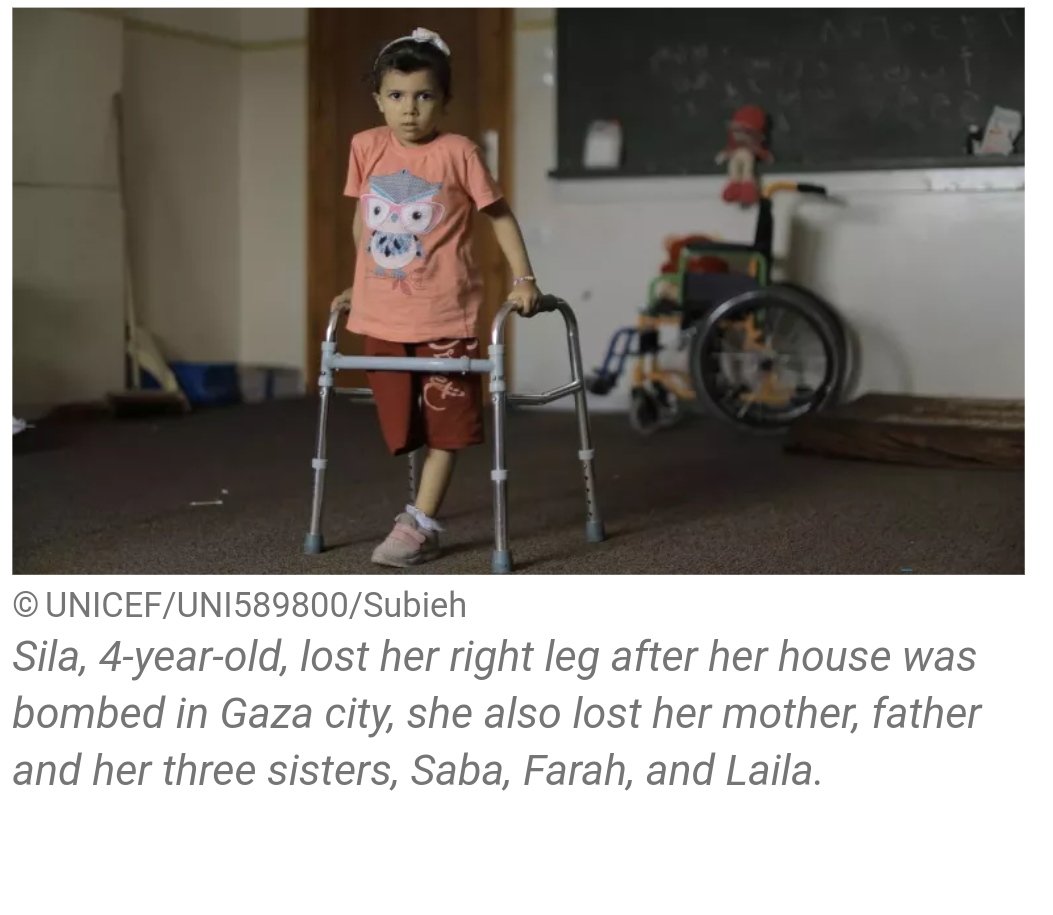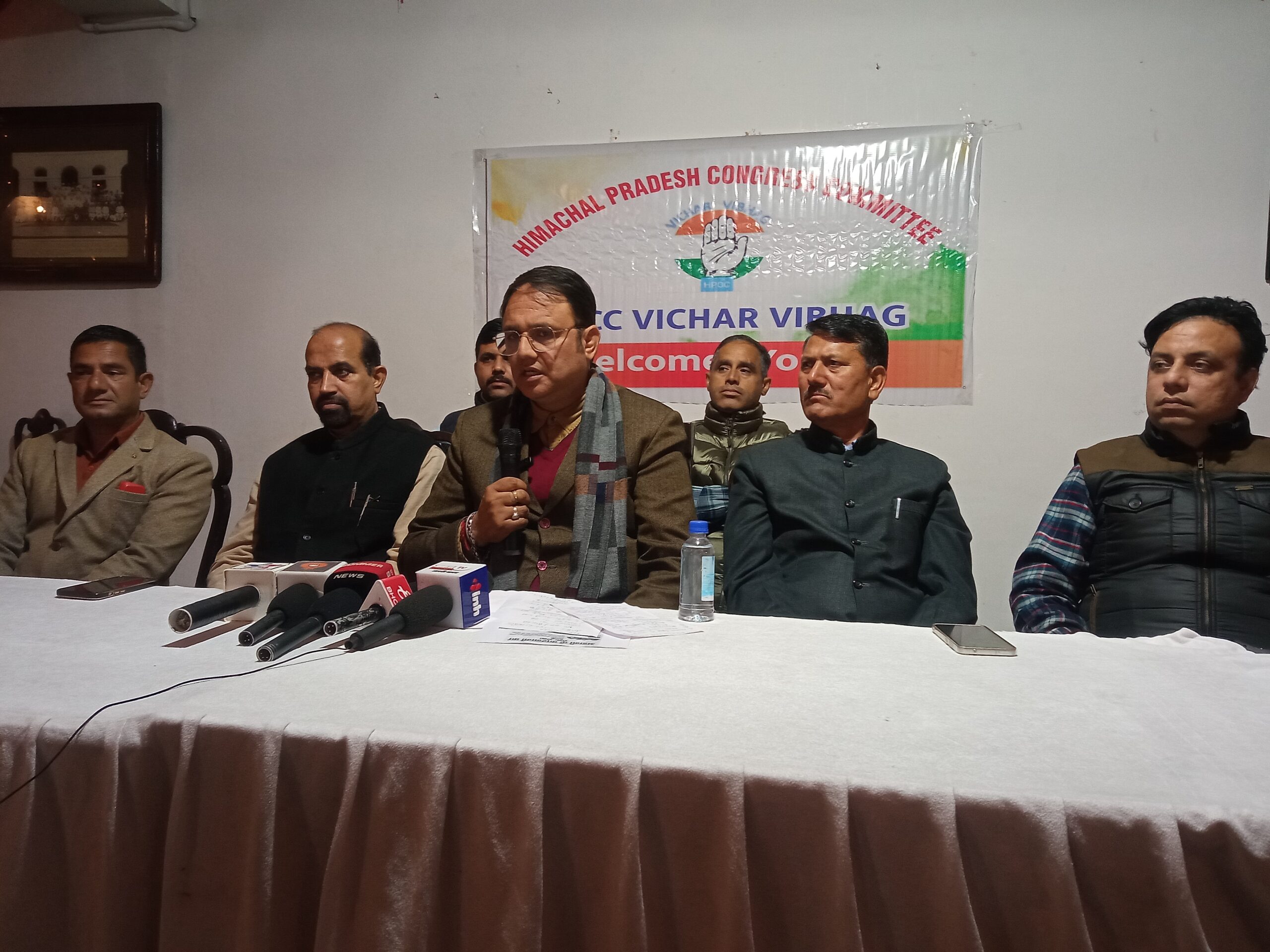WHO Warns of Rising Industry Interference as Global Tobacco Report 2025 Calls for Urgent Action to Sustain Progress.
Dublin:
At the World Conference on Tobacco Control in Dublin recently, the World Health Organization (WHO) released its Global Tobacco Epidemic 2025 report, raising an urgent call to accelerate global efforts in tobacco control as the tobacco industry continues to interfere with public health policies. The report emphasizes the need for countries to reinforce and fully implement the MPOWER measures—WHO’s proven strategy for reducing tobacco use—which together can save millions of lives.
Launched with support from Bloomberg Philanthropies, the WHO report highlights both major achievements and persistent gaps in tobacco control efforts worldwide. Since 2007, when the MPOWER strategy was first introduced, global implementation has significantly expanded. Today, over 6.1 billion people—three-quarters of the world’s population—are protected by at least one MPOWER measure, compared to just 1 billion in 2007.
The six MPOWER measures are:
- Monitoring tobacco use and prevention policies
- Protecting people from tobacco smoke
- Offering help to quit tobacco
- Warning about the dangers of tobacco
- Enforcing bans on advertising and promotion
- Raising taxes on tobacco
“Twenty years since the adoption of the WHO Framework Convention on Tobacco Control (FCTC), we have made historic progress, but the tobacco industry continues to evolve and challenge our efforts. We must respond with greater unity, innovation, and political will,” said WHO Director-General Dr. Tedros Adhanom Ghebreyesus.
Major Milestones and Key Findings:
- Four countries—Brazil, Mauritius, the Netherlands, and Türkiye—have fully implemented all MPOWER measures.
- Seven others, including Ireland, Mexico, and New Zealand, are just one step away.
- 110 countries now require graphic health warnings on tobacco products—up from only 9 in 2007—covering 62% of the global population.
- 25 countries have adopted plain packaging to deter smoking.
However, the report also points to significant gaps and a slowdown in enforcement:
- 40 countries have no MPOWER measure implemented at best-practice level.
- Over 30 countries still allow cigarettes to be sold without health warnings.
- Anti-tobacco mass media campaigns, a critical component of awareness, have not been run by 110 countries since 2022.
Tobacco Use Still a Global Threat
Tobacco use remains a leading cause of death, claiming over 7 million lives each year. Additionally, second-hand smoke is responsible for 1.3 million deaths annually. While 79 countries have now created comprehensive smoke-free environments, many others continue to lag behind, particularly in enforcing bans in public and hospitality spaces.
“We know what works. It’s time to close the gaps in enforcement and equity. Every life lost to tobacco is preventable,” said Dr. Ruediger Krech, WHO’s Director of Health Promotion.
Rising Focus on E-Cigarettes and ENDS
The report notes growing global concern over Electronic Nicotine Delivery Systems (ENDS) such as e-cigarettes. The number of countries regulating or banning ENDS rose from 122 in 2022 to 133 in 2024, reflecting a sharp increase in awareness of the potential public health risks. Still, more than 60 countries lack any regulatory framework for these products.
Areas Lagging Behind:
- Taxation: Only 3 countries have raised tobacco taxes to best-practice levels since 2022. WHO reports that 134 countries have failed to make cigarettes less affordable.
- Quit services: Just 33% of the global population has access to cost-covered tobacco cessation programs.
- Advertising bans: Only 68 countries have adopted comprehensive bans, leaving much of the world exposed to tobacco marketing.
Bloomberg Philanthropies Awards
The report launch was part of the 2025 Bloomberg Philanthropies Awards for Global Tobacco Control, which recognized governments and NGOs that have shown exceptional commitment to tobacco reduction.
Michael R. Bloomberg, WHO Global Ambassador for Noncommunicable Diseases and Injuries, stated:
“Since 2007, the global landscape on tobacco has shifted dramatically, thanks to joint efforts. But we still have a long road ahead. Bloomberg Philanthropies is proud to continue partnering with WHO to save lives.”
A Call to Action
The WHO report closes with a strong call for renewed political will, better enforcement, and increased investment in public health campaigns and cessation support. It warns that progress is fragile and could be reversed if complacency sets in or industry interference is allowed to persist.
“Governments must act boldly. This is not the time to slow down—this is the moment to finish the job and end the tobacco epidemic once and for all,” Dr. Tedros urged in his closing remarks.
For more information and country-specific data, WHO has also launched a new interactive data portal that tracks tobacco control progress from 2007 to 2025.




